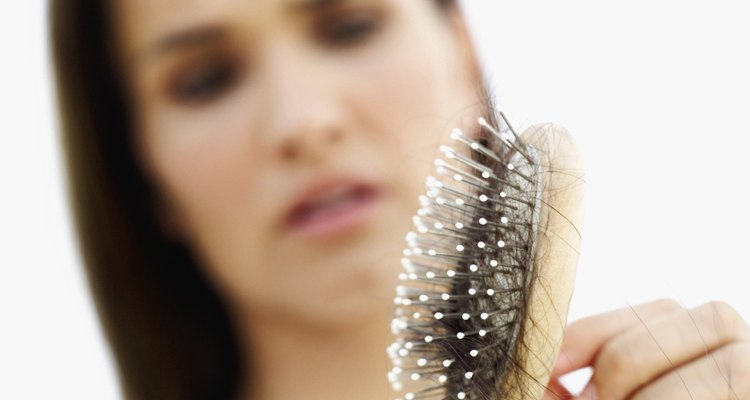
Thinning hair or outright hair loss can have many causes. Stress, hormonal imbalance, chronic diseases and pattern baldness each can trigger negative effects on anyone’s head of hair. Sometimes, however, the problem may be caused by a mineral deficiency. Proper balance of vital minerals, including zinc, in your body is important for healthy hair growth. If your hair has been shedding lately, the problem may simply be that you’re not getting the right amount of zinc in your diet.
Role of Zinc
Zinc performs many functions in the human body. It plays an important role in cell production, as well as protein and collagen synthesis. Zinc aids with the growth and repair of tissues. It also regulates hormones in the body and helps with maintenance of the oil-secreting glands on the scalp. Zinc is not highly concentrated in the hair, but it does affect hair production.
Zinc Deficiency
When the body experiences zinc deficiency, it removes zinc from the hair and redistributes it to more vital organs. This can cause hair growth to slow down, or stop completely. Many Americans do not get enough zinc in their diet, particularly alcoholics, the elderly, anorexic individuals and those with chronic diseases that affect absorption in the intestines, including Celiac’s disease and Crohn’s disease.
Zinc Excess
Too much zinc can also impact hair growth. Zinc excess can speed up hair growth, although continued exposure to high zinc levels can eventually slow down hair growth. An excess of zinc in the body also leads to deficiencies in other minerals, including copper and iron. Deficiencies of other minerals also can have an adverse effect on hair growth.
Sources of Zinc
Making a few minor dietary changes can help you get enough zinc, and promote healthy hair growth. The recommended daily amount of the mineral is 8 to 11 milligrams. Luckily, a number of foods that people regularly eat contain zinc, so it's quite easy to reach the recommended daily amount. Zinc is abundant in low-fat roast beef, lamb, veal liver, oysters, peanuts, wheat germ, roasted pumpkin and squash seeds and dark chocolate and cocoa powder. Eggs, milk and oats contain moderate amounts of the mineral.
Zinc Supplement
For people who are too busy to focus on getting enough zinc, and for vegetarians and vegans, an easier way to get the recommended levels is to take a daily supplement. Some of the most easily absorbed zinc supplements include zinc acetate, zinc citrate and ZMA. Taking a zinc supplement once a day can restore the balance of minerals in your body and improve your hair's health.
Related Articles
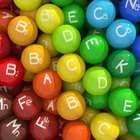
What Vitamins Help the Liver?
Selenium For Children
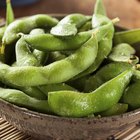
The Nutritional Value of Edamame Beans
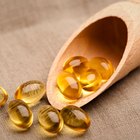
Selenium & Zinc for Hair Loss
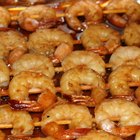
A List of Foods That Contain Choline

Arginine for Hair Growth

L-Lysine for Hair Growth

The Nutrition of 15-Bean Soup

Nutrition Information on Blueberries

Vitamins for Mental Alertness

How to Control Sebum in Hair with ...
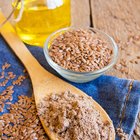
Flaxseeds for Hair & Nail Growth
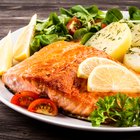
Food Sources of Phosphatidylcholine
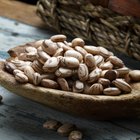
Potassium in Pinto Beans
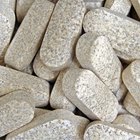
The Best Anti-Cellulite Supplements

Which Vitamins Can Help Reverse ...

Essential Enzymes for Hair Growth
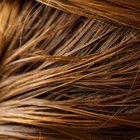
Can Eating Healthy Food Change the ...
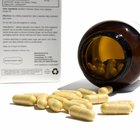
Nac & Hair Growth

Ingredients in Hairfinity Vitamins
References
Photo Credits
Stockbyte/Stockbyte/Getty Images